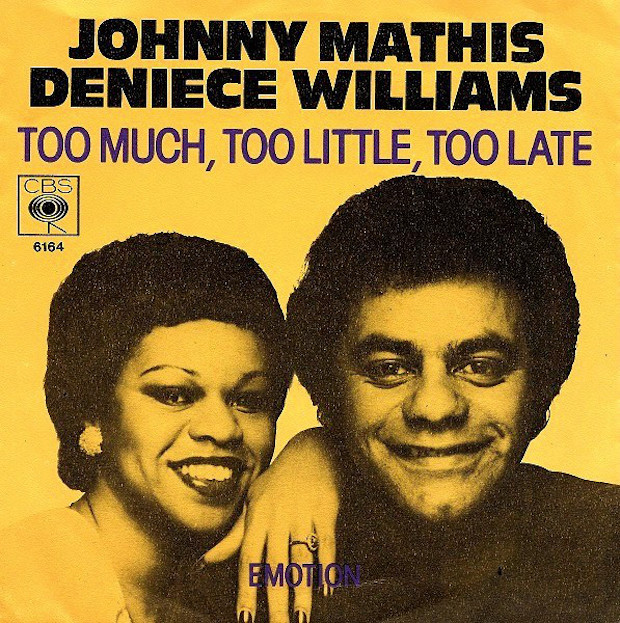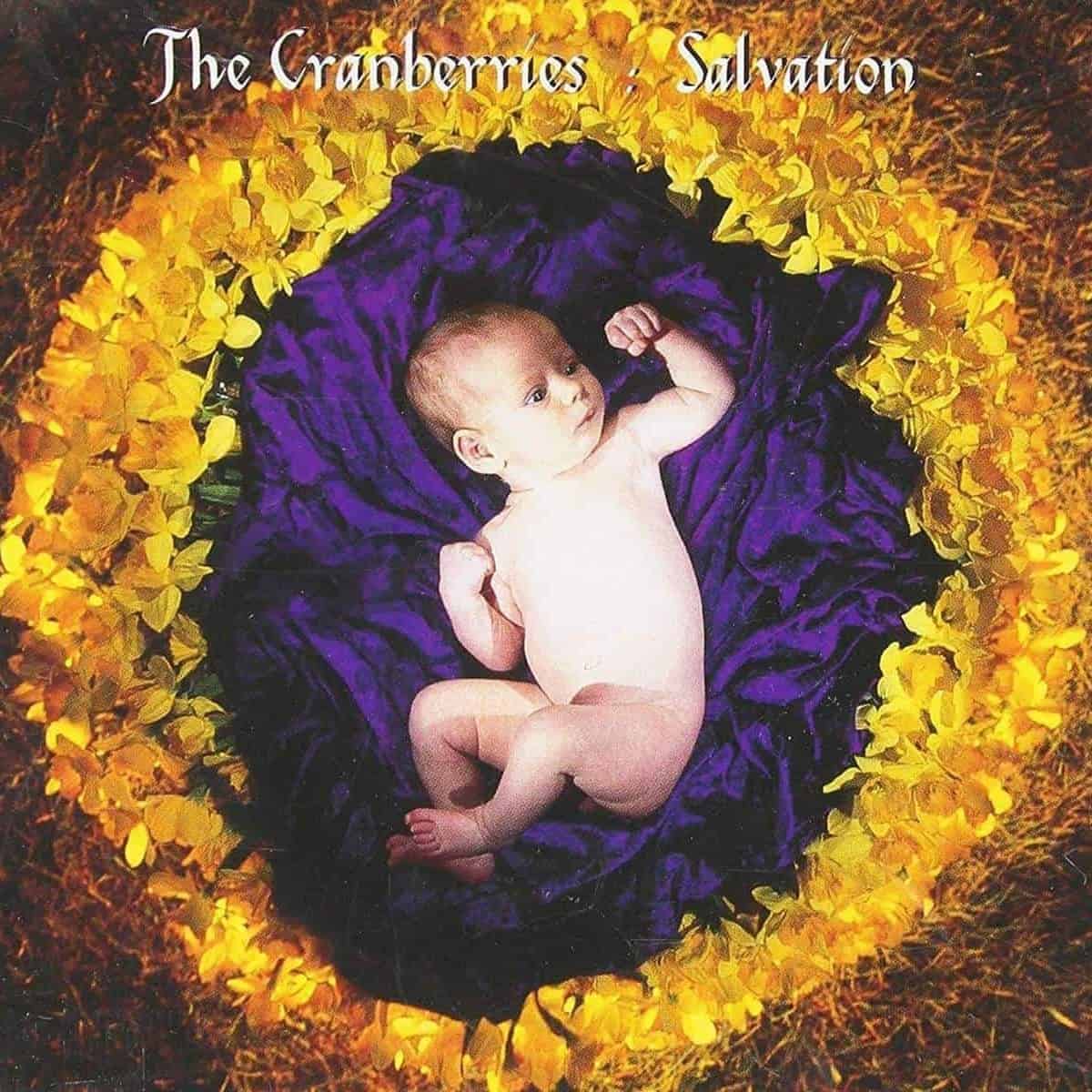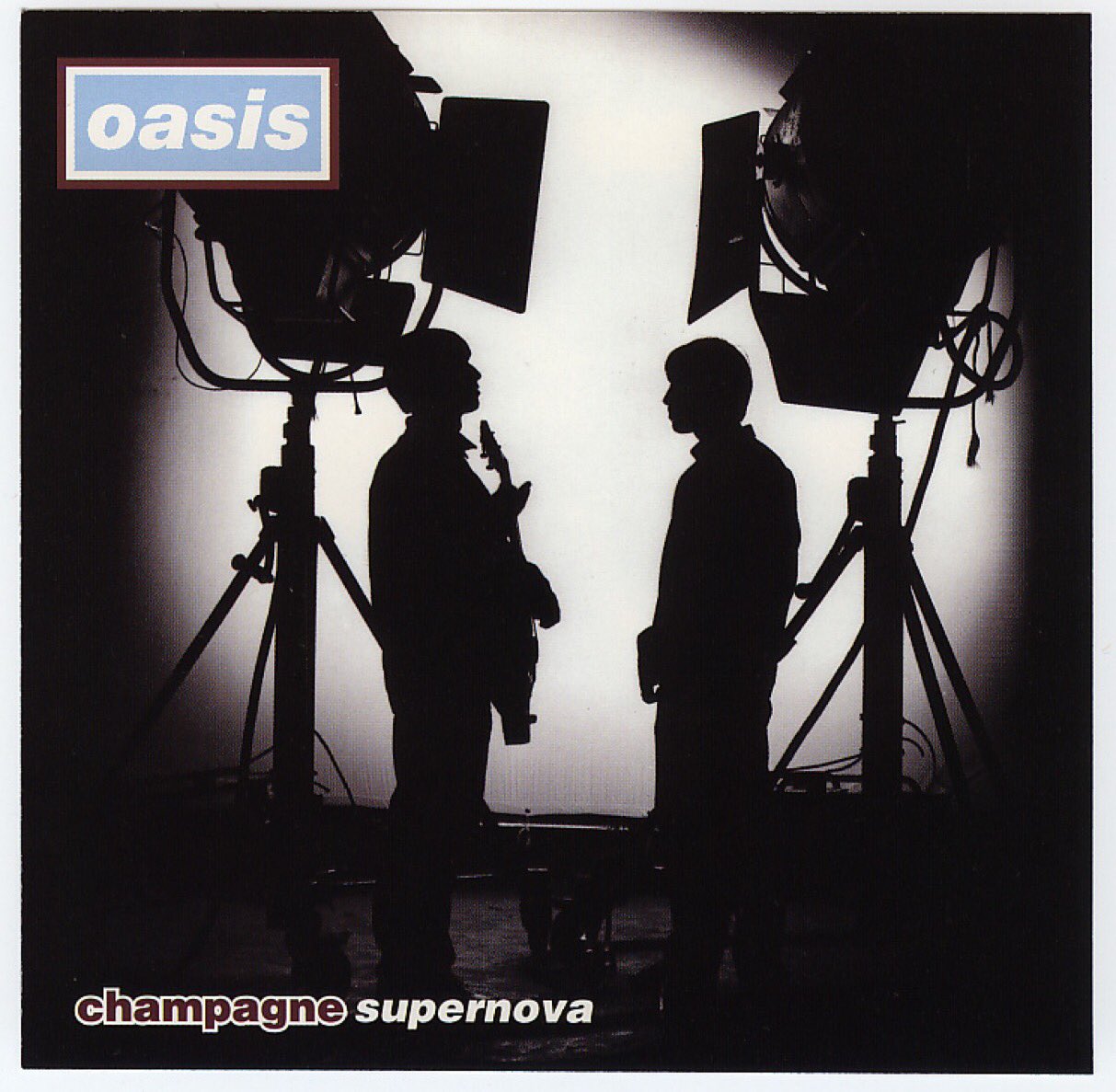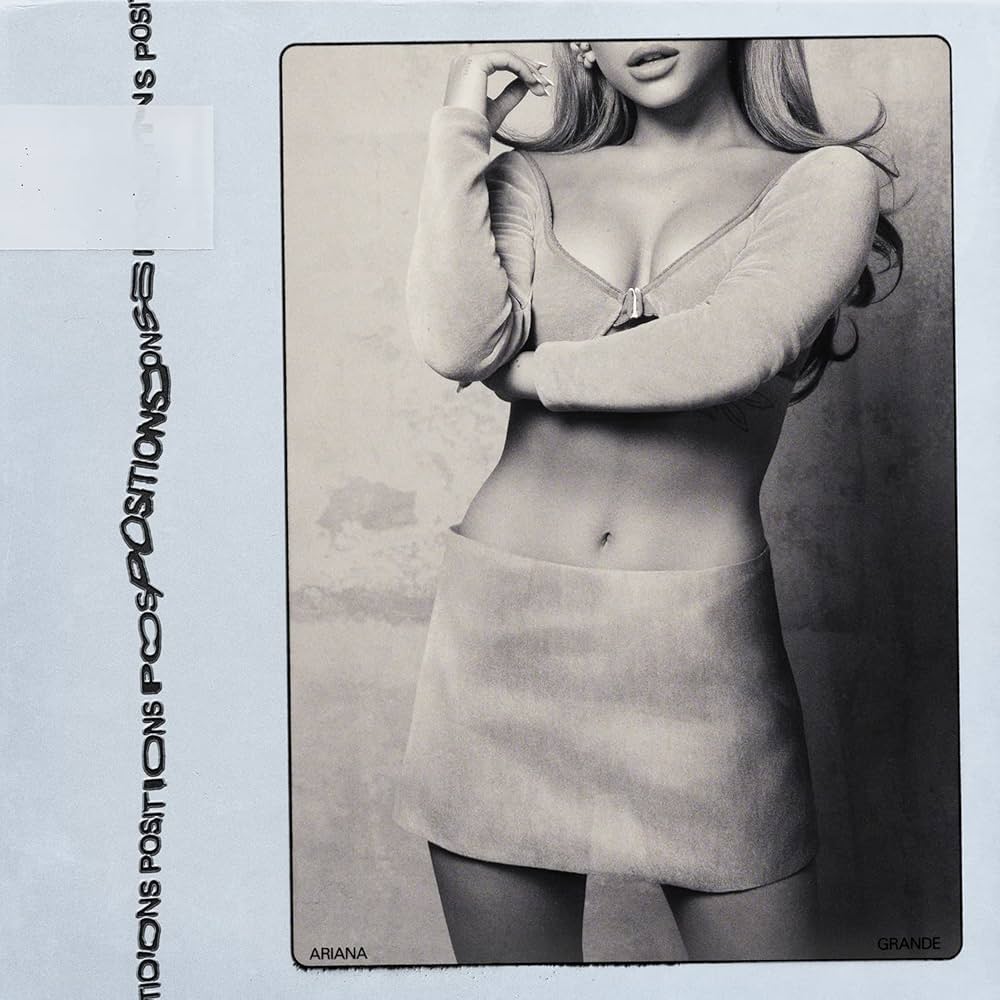In The Number Ones, I'm reviewing every single #1 single in the history of the Billboard Hot 100, starting with the chart's beginning, in 1958, and working my way up into the present.
Johnny Mathis & Deniece Williams - "Too Much, Too Little, Too Late"
HIT #1: June 3, 1978
STAYED AT #1: 1 week
In Barry Levinson's 1982 movie Diner, there's a scene where a gaggle of young men sit around the titular Baltimore eating establishment one evening in 1959, arguing the relative merits of Frank Sinatra and Johnny Mathis. Paul Reiser thinks Johnny Mathis is the best, and this is his smug reasoning: "When you want to make out, who do you make out to? Sinatra or Mathis?" (Mickey Rourke, wandering in late, is asked the Sinatra-or-Mathis question, and he answers with "Presley." Everyone acts scandalized.)
https://youtube.com/watch?v=xVFKpNuM1KU
Decades later, when Diner came out, people were probably still making out to Johnny Mathis. Mathis had just, in fact, scored an out-of-nowhere comeback #1 four years earlier, though he'd done it with a song about not making out, or about figuring out that you don't want to make out anymore. It's a hell of a comeback story: A sleepy success from 19 years earlier getting one last moment in the sun.
Mathis was at his peak in the late '50s, when songs like "Wonderful! Wonderful!" and "Chances Are" landed high on various pre-Hot 100 Billboard charts. Mathis was in his early twenties then, but he sounded much older, and the success of his doe-eyed balladry could've been a reaction against the feral early rock 'n' roll that was tearing up the charts at the same time.
Mathis, born in Texas, had grown up a star high school athlete in San Francisco. He and future NBA great Bill Russell were apparently the two greatest high jumpers in the city. While in college on an athletic scholarship, Mathis had started singing jazz in San Francisco nightclubs, and he passed up a chance to try out for the US Olympic Team to sign with Columbia and make his first records for the label. He's now 84, and he's still with Columbia today.
Mathis had a lane. He'd sing moony ballads, often on movie soundtracks, and those ballads would sell. His debut album, the 1958 compilation Johnny's Greatest Hits, remained on the Billboard album charts for about a decade; it was the longest-reigning LP on that chart until Dark Side Of The Moon broke its record. But even if people kept buying that album into the late '60s, nobody was buying new Johnny Mathis singles after the Beatles arrived. After his vaguely countryish 1963 lament "What Will Mary Say" peaked at #9, Mathis didn't score a top-10 hit for another 15 years. ("What Will Mary Say" is a 4.)
Mathis kept working through the '60s and the '70s, and he scored the odd random success; his version of "When A Child Was Born," for instance, was the 1976 Christmas #1 in the UK. But Mathis knew that he'd have to switch things up if he wanted to do well in the US. He and producer Jack Gold decided that he needed to record a duet with an R&B singer. (Somehow, Mathis had never recorded any duets with anyone, ever.) That's when they found Deniece Williams.
Deniece Williams, 16 years younger than Mathis, came from Gary, Indiana. She started signing in Baltimore nightclubs when she was a college student at Morgan State. Eventually, she became a backup singer for Stevie Wonder; you can hear her on most of Wonder's early-'70s classics. Williams decided to go solo in 1975, and she signed on with Earth, Wind & Fire leader Maurice White's Kalimba Productions. She'd reached #25 with her 1976 single "Free," which Maurice White had co-produced, and she'd guested on records from Roberta Flack and the Weather Report. When she heard that Johnny Mathis wanted to sing with her, she was over the moon.
Together, the two of them recorded "Too Much, Too Little, Too Late," a mature-couple breakup song from the songwriters Nat Kipner and John Vallins, two Australians with vague Bee Gees connections. Producer Jack Gold recorded the two of them singing with a group of ace session musicians, many of whom were Motown veterans. For my money, those session players are the best things about "Too Much, Too Little, Too Late." The song itself is a sleepy, genteel ballad, but it leaves room for people like bassist Scott Edwards and drummer Ed Greene to get quietly busy.
On the song, Mathis and Williams play a couple who have grown apart and who know that their relationship is doomed. It's a sad but realistic song: "Too much, too little, too late to ever try again / Too much, too little, too late, let's end it being friends." Williams sings, "Guess it's over, the kicks are gone / What's the use of trying to hang on?" It sounds for all the world like she's saying "the kids are gone." That would make her and Mathis empty nesters who were staying together for their children this whole time. I wonder how many people heard it that way.
Johnny Mathis was only 42 when "Too Much, Too Little, Too Late" hit #1, and yet you could almost buy him as an empty nester. He'd sounded old when he was young. The record-buying public had been hearing him sing love ballads for more than 20 years, and they'd apparently spent 10 of those years buying his greatest-hits album. So maybe there was an emotional resonance there. Divorce rates had skyrocketed in the '70s, and I'm guessing it just felt right that one of the old romantic-crooner titans was now singing adult-contempo soul about not being able to stay together with someone.
For me, though, the song itself is nothing much. Mathis and Williams both get in some technically impressive notes, but I get the impression that they're working to show off their voices, not to sell the heart-wrecked recognition of those lyrics. Their voices don't really mesh. The song itself is too drippy to leave much impression. It's fine, but it's not really anything more than that.
Mathis and Williams kept singing together for a little while, but their next duet, a cover of Marvin Gaye and Tammi Terrell's "You're All I Need To Get By," peaked at #47. After that, their version of Billy Joel's "Just The Way You Are" didn't even chart. "Too Much, Too Little, Too Late" was a one-time thing. But I'm guessing that song hasn't been heard by anywhere near as many people as a different Johnny Mathis/Deniece Williams duet. In 1982, Mathis and Williams got back together and recorded "Without Us," the theme song for the sitcom Family Ties, which ran for seven seasons. I wonder if anyone made out to that one.
Johnny Mathis is still playing shows and even occasionally putting out music today. Amazingly, Mathis didn't officially come out of the closet until 2017. Mathis never returned to the top 10 after "Too Much, Too Little, Too Late." Deniece Williams, on the other hand, will be in this column again -- thanks, in part, to one of the guys arguing about Johnny Mathis in that Diner scene.
GRADE: 4/10
BONUS BEATS: Here's the London power pop band Silver Sun's cover of "Too Much, Too Little, Too Late," a moderate UK hit in 1998:






